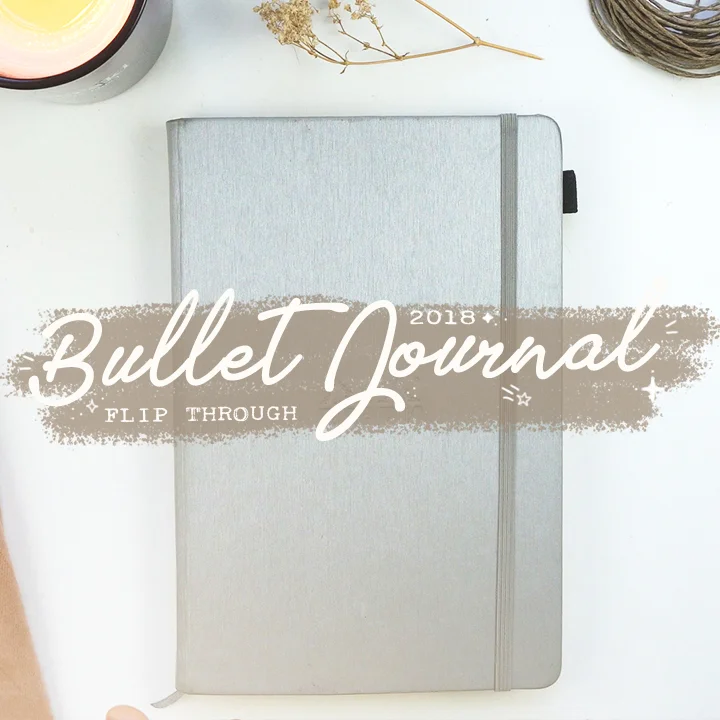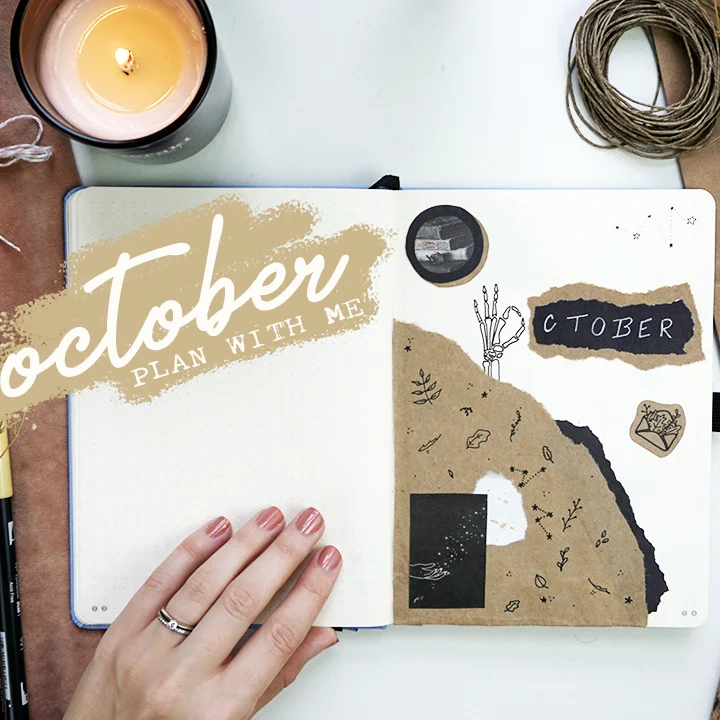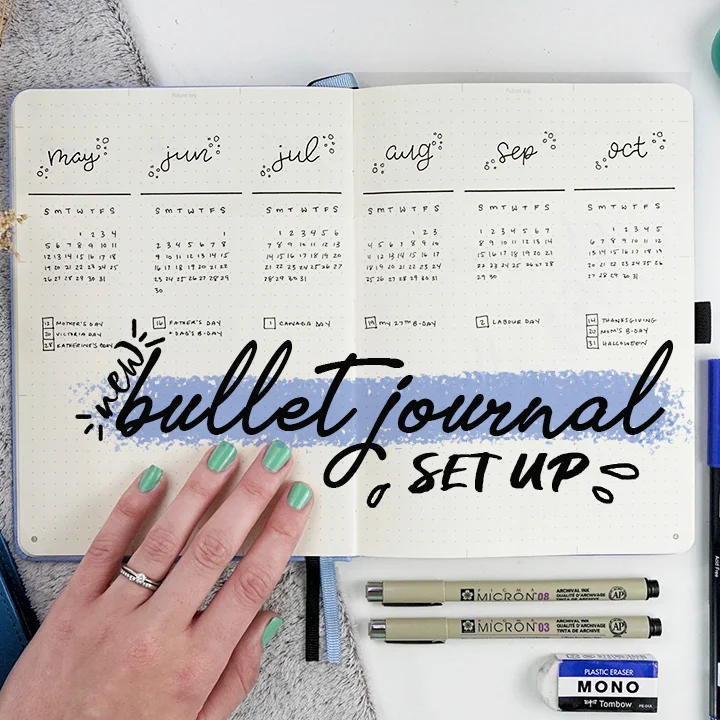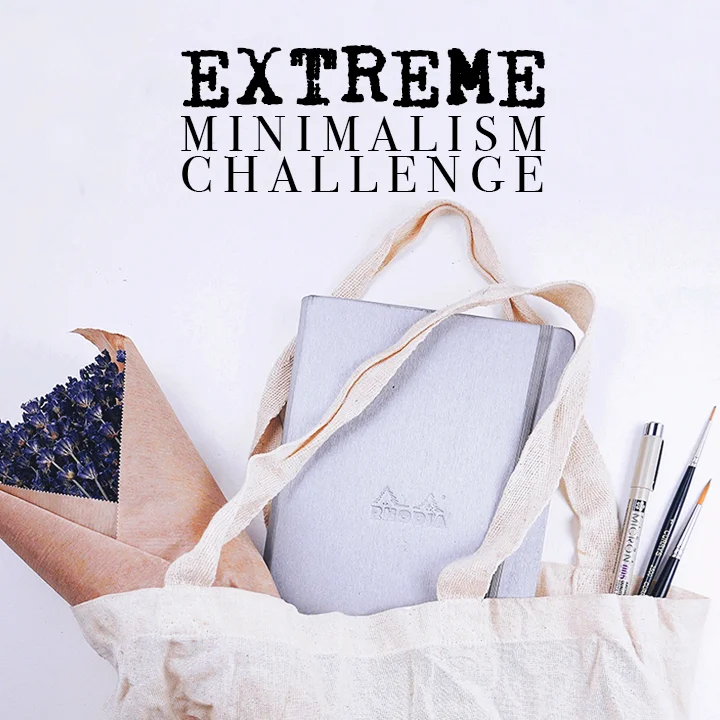Should You Stop Drinking Coffee?
Hi. My name is Elizabeth, and I'm a coffeeholic.
It's not just one thing, but the whole that makes coffee so irresistible. The heavenly aroma, the slightly bitter toasty taste, the warm fuzzies, the kick of energy... Basically, coffee is damn good. But is it good FOR you? I'm on a mission to find out.
Why don't you come along?
C O F F E E & Y O U R H E A L T H
Depression
In a 2011 study, caffeinated coffee was shown to reduce the rate of depression in women, lowering the rate further with each additional cup consumed (up to 4+ cups a day). Decaffeinated coffee did not have the same effect.
A similar result was found in Finnish men in this 2010 study, showing that heavy drinkers of caffeinated coffee (more than 3.25 cups a day) had a lower risk of developing depression than men who did not drink coffee.
A further study found an unexplained lowering in the risk of suicide with each additional cup of coffee per day.
The evidence is not definitive by any means, but these studies seem to indicate that the consumption of 3-4 cups of coffee or more a day can aid in the prevention of depression and suicide.
Diabetes
A 2002 study found a 50% reduction in the risk of developing type 2 diabetes with 7 or more cups of coffee a day, compared to those who drank 2 or fewer cups a day.
This finding was supported by an observational reduction in the risk of diabetes and obesity in those with a higher coffee intake in a study conducted in 2015 and by a 2014 Harvard study which found that over a 4 year period those who increased their coffee consumption by 1 cup per day lowered their risk of developing type 2 diabetes by 11%, while those who reduced their coffee intake by 1 cup per day increased their risk by 17%.
While this is good news for those of us without type 2 diabetes, it looks like coffee consumption may have a negative effect for those already affected by the disease.
This study (though conducted with a small sample size) found that caffeine impaired postprandial glucose metabolism (the body's ability to metabolize glucose after a meal). The study did not look at the effect of coffee and tea, but of caffeine in isolation. Another study found that caffeine consumption may make the control of glucose in those with type 2 diabetes more difficult with adverse effects on glucose metabolism and exaggerated postprandial glucose responses.
Cardiovascular Disease
Could coffee protect your heart?
This 2012 study observed the strongest inverse association between coffee consumption and heart failure at 4 cups of coffee/day, but a potentially higher risk when the number of daily cups was increased.
Another study observed that higher consumption of coffee and tea reduced the risk of stroke and cardiovascular disease (measured up to 4 cups of tea and 2 cups of coffee per day).
Longevity
Coffee has been associated with no (or very small) change in mortality rates, beginning with 1-2 cups per day. According to one study, the risk of death was reduced by 3% with each additional cup of coffee consumed daily.
This study found an overall 10-15% lower risk of dying for those drinking 6 or more cups of coffee a day for those between 50-71 years old at the beginning of the study, but that any amount over 4 cups a day actually increased the risk of mortality in those under the age of 50.
Cancer
This 2015 liver cancer report from World Cancer Research Fund International found strong evidence that coffee consumption was linked to a decreased risk of liver cancer, by as much as 50%.
Further studies have found lower rates of colon, breast, and rectal cancers with increased coffee consumption.
Parkinson’s Disease
A significant reduction in the risk of developing Parkinson's was observed in men who drank at least 3.5 cups of coffee/day in this 2000 study and this one showed promise in the use of caffeine to improve motor function in those already suffering from Parkinson's.
Unfortunately, 'coffee seems to protect men but not women against Parkinson’s disease. One possible explanation for the sex difference may be that estrogen and caffeine need the same enzymes to be metabolized, and estrogen captures those enzymes.' - Harvard Health Publications
Further Effects of Coffee
- Alertness. Caffeine can make you feel more awake and focused, and as this study found, may improve performance on simple tasks.
- Acid Reflux. This study found that coffee caused acid reflux in a way that tea did not, regardless of whether the coffee was caffeinated or not (although decaf did result in less acid reflux than the caffeinated variety).
- Anxiety. Those with anxiety may notice that it worsens with caffeine consumption, or perhaps that it improves. The evidence is not conclusive.
- Fractures. This meta-analysis found that daily coffee consumption was associated with a higher risk of bone fracture in women and a lower risk in men.
- Insomnia. This study demonstrated that a cup of coffee at dinner time reduces sleep quality (duh). But if you're having trouble sleeping you may want to reduce your caffeine intake (and do it earlier in the day)!
- Gallstones. While it has been shown that coffee drinkers may be less likely to suffer from gallstones, this study found no correlation between coffee intake and gallstone incidence.
- High Cholesterol. There are two specific substances in coffee which raise cholesterol levels: kahweol and cafestol. While paper filters capture these substances, many people now drink un-filtered coffee, such as espresso. Those with high cholesterol would do well to drink solely filtered coffee and to avoid decaf, which is also linked to cholesterol increases.
- Epilepsy. This study documented the case of a man who's epileptic seizures became less frequent when he reduced his coffee intake from heavy to zero consumption, but more research must be done on the subject.
- Atrial Fibrillation. Caffeine does not, in contrast to popular belief, cause atrial fibrillation. In fact, this study found that 1-5 cups of coffee a day may actually reduce your risk.
- Tooth Health. While it is well-known that coffee stains teeth, it may surprise you to learn that coffee may actually protect against cavities!
- Urinary Incontinence. For both men and women, coffee intake at 2 or more cups a day had a strong association with urinary incontinence.
- Blood Pressure. Unlike what was previously thought coffee does not increase the risk for high blood pressure over time, though it does increase it temporarily. Researchers believe this phenomenon may be due to the development of a tolerance to the hypertensive effects of coffee after extended use.
A Quick Note on Energy Drinks
While I would hope that most are aware that energy drinks are NOT good for our health, and are no substitute for REAL energy which we get from food. 20 standard energy drinks contain approximately 5g of caffeine, the lethal dose. So PLEASE be careful if you like to drink energy drinks throughout the day in high amounts in addition to coffee, tea, and other caffeinated substances!
(*of course, you can reach 3g of caffeine from any source if you ingest enough, but with the trend of downing large quantities of energy drinks mixed with alcohol popping up all over college campuses, I felt it was important to add!)
F A I R T R A D E C O F F E E
...may not be all we thought. We wish it were, as in the standard coffee industry individual growers may receive as little as 10% of the retail price after working in sub-par conditions. Learn more in this article: 10 Reasons Why Fair-Trade Coffee Doesn't Work.
C O F F E E & T H E E N V R I R O N M E N T
As with any business, the coffee industry is rife with competition. The drive to produce more coffee, more quickly, has lead to less sustainable methods of cultivation which have resulted in the clearing of 2.5 million acres of forest in Central America, according to WWF. Tellingly, deforestation is most present in those countries that are also major coffee producers, and the trend doesn't seem to be going away anytime soon.
C O F F E E & T H E A N I M A L S
What does this mean for the animals? Well, as we all know, virtually no species can survive the utter destruction of their habitat at lightning fast speed. In other words, the mammals, insects, and plants that populate the rainforest are being driven to extinction at astounding rates.
So what can we do?
If you can, buy Rainforest Alliance-certified coffee. Learn more about their initiative here.
Feeling overwhelmed?
I don't blame you.
Allow me to summarize:
S O, S H O U L D Y O U S T O P D R I N K I N G C O F F E E ?
That's up to you.
As for me?
I'll continue to enjoy my daily cup or two of joe, but I'll be sure it comes with a Rainforest Alliance certification and goes into my eco-friendly mug or tumbler.
Until next time,
How many cups of coffee do you drink a day? Let me know in the comments!
Don't forget to subscribe to the Plant Based Bride newsletter (form below) for weekly updates and other goodies!
S O U R C E S & F U R T H E R R E A D I N G
http://nutritionfacts.org/video/coffee-and-mortality/
http://www.health.harvard.edu/family_health_guide/coffees-health-benefits
http://www.healthline.com/health/food-nutrition/is-coffee-good-for-you#2
http://www.ncbi.nlm.nih.gov/pubmed/22591295
http://archinte.jamanetwork.com/article.aspx?articleid=1105943
http://www.ncbi.nlm.nih.gov/pubmed/8275213/
http://www.ncbi.nlm.nih.gov/pubmed/12433517
http://www.ncbi.nlm.nih.gov/pubmed/26002927
http://link.springer.com/article/10.1007/s00125-014-3235-7
http://care.diabetesjournals.org/content/27/8/2047.full
http://care.diabetesjournals.org/content/31/2/221.full
http://www.ncbi.nlm.nih.gov/pubmed/7918922
http://stroke.ahajournals.org/content/early/2013/03/14/STROKEAHA.111.677500.abstract
http://www.ncbi.nlm.nih.gov/pubmed/?term=Effects+of+habitual+coffee+consumption+on+cardiometabolic
http://www.ncbi.nlm.nih.gov/pubmed/23934579
http://jama.jamanetwork.com/article.aspx?articleid=192731
http://www.neurology.org/content/early/2012/08/01/WNL.0b013e318263570d.abstract
http://www.ncbi.nlm.nih.gov/pubmed/?term=Caffeine+and+urinary+incontinence+in+US+women
http://www.ncbi.nlm.nih.gov/pubmed/23276513
http://www.ncbi.nlm.nih.gov/pubmed/24576685
http://onlinelibrary.wiley.com/doi/10.1111/j.1747-0080.2012.01601.x/abstract
http://www.ncbi.nlm.nih.gov/pubmed/?term=Heavy+coffee+drinking+and+epilepsy
http://www.huffingtonpost.com/bruce-wydick/10-reasons-fair-trade-coffee-doesnt-work_b_5651663.html
http://www.ncbi.nlm.nih.gov/pubmed/24009307






























